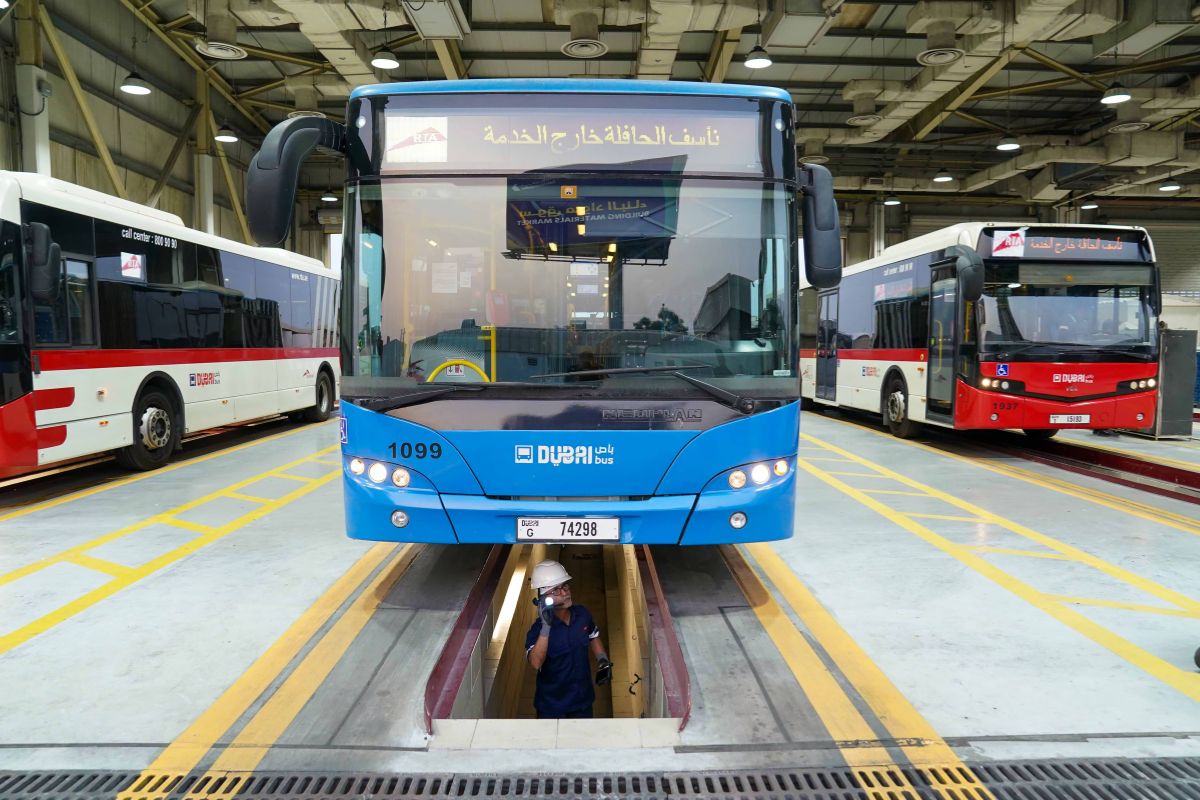Anupam Mittal, Founder & CEO of People Group and a leading voice in India’s startup ecosystem, has sounded a sharp warning about the country’s AI and skilling narrative. In a recent post, he urged policymakers and tech leaders to stop blindly echoing the West’s AI obsession and instead focus on India’s distinct employment realities.
Highlighting the disconnect, Mittal in a post on LinkedIn remarked, “Saw this woman the other day, and thought maybe she should learn Python. Perhaps she can fine-tune an LLM too, while delivering your groceries.” His post highlighted the the sharp mismatch between AI-skilling rhetoric and the ground-level workforce experience.
He noted that while companies like Microsoft, Meta, and Google are rapidly adopting AI, India cannot simply follow suit. “Their CEOs are on record: 40-50% of work processes will be AI-driven in 2-3 years. Yes, true! But those are economies with lower populations, high formal employment, and deep reskilling budgets,” he said.
Drawing from his experience in the US, Mittal explained how structured, on-the-job upskilling is a norm there — something India’s largely self-employed and fragmented workforce lacks. “That’s what real skilling infrastructure looks like. India is not there yet,” he added.
Gig economy: a bridge, not a liability
Mittal underlined the critical role of India’s gig economy in filling employment gaps. “Ergo, the gig economy has been a blessing for us. It enabled employment for millions. In a country holding 20% of the world’s population, that’s no mean feat!” the Shark Tank India judge said.
While India is home to a rising tribe of tech-savvy innovators, Mittal cautioned against letting deep-tech overshadow the employment needs of those in low- and semi-skilled roles.
Need for a balanced approach
Mittal stressed that betting everything on deep-tech is shortsighted. “When we start touting deep-tech as the only solution to all our problems, we endanger the livelihoods of a billion-plus nation.” Instead, he called for a dual strategy — one that fosters high-tech growth while safeguarding broader employment.
“India needs to address both these issues simultaneously, no?” he asked, posing a challenge that goes beyond tech policy — and strikes at the heart of inclusive economic planning.








